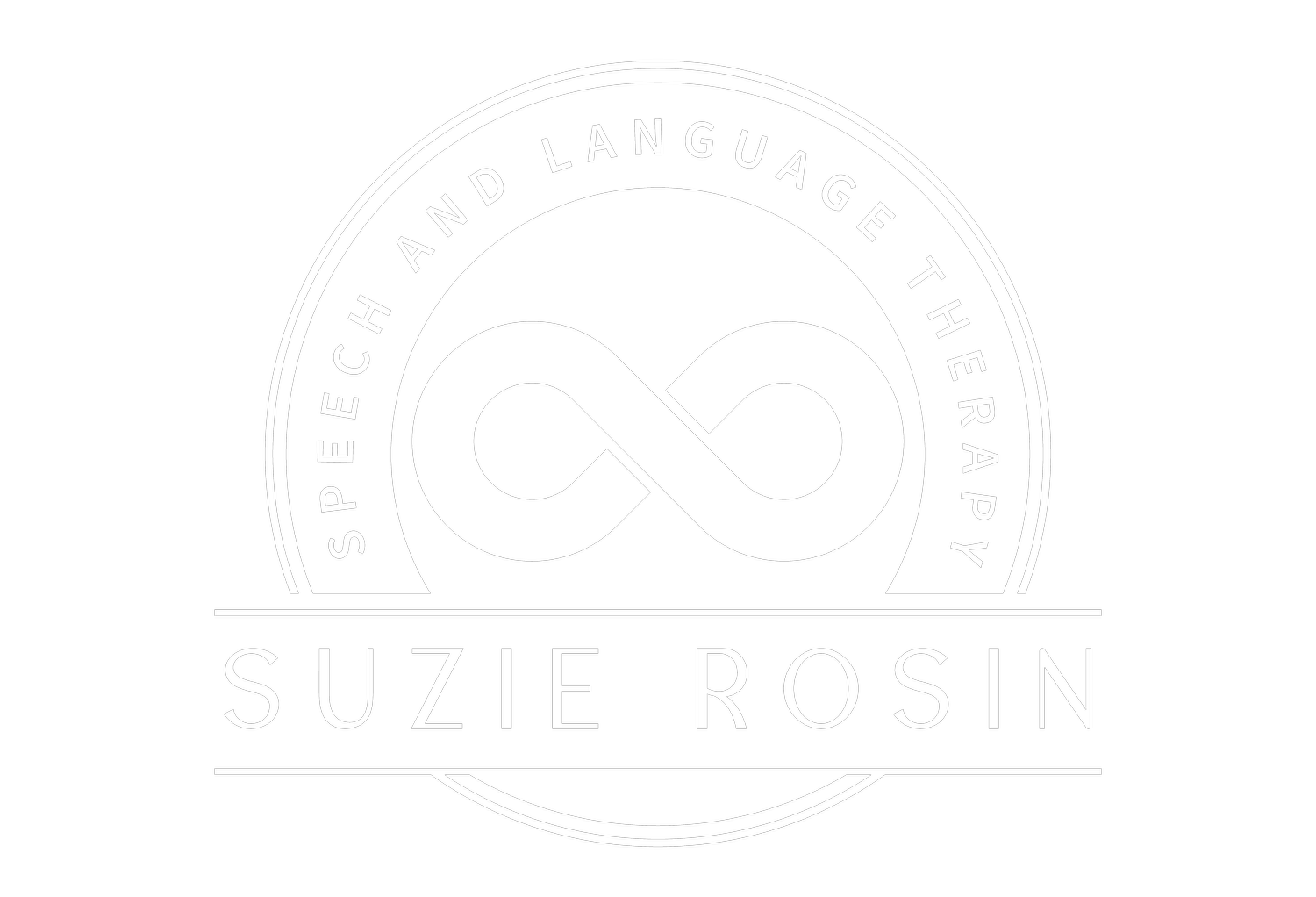Neurodiversity
Neurodiversity is the idea that everyone’s brain works differently; these differences are a natural part of human variation. Just as people have unique physical traits, we also have unique ways of thinking, learning, and experiencing the world.
Some individuals are described as neurotypical, meaning their brain processes information in a way that aligns with societal norms. Others are neurodivergent, which includes those with ADHD, Autism, Developmental Language Disorder, Dyslexia. These are not deficits—they are simply different ways of being.
The "double empathy problem" occurs when neurodivergent and neurotypical people struggle to understand each other’s perspectives, not because one is wrong but because their experiences are so different. School can be a particularly challenging time for many neurodivergent thinkers as it is typically an environment designed around neurotypical thinking, and the demands of this can feel incredibly challenging and at times overwhelming.
Neurodivergent–affirming:
Being neurodivergent is something to be recognised and celebrated but that doesn’t mean overlooking the very real challenges it can bring. While some children may require high levels of support to navigate everyday life, others need less. What matters is understanding and responding to each child’s unique profile, recognising their strengths, respecting their challenges, and creating environments where they feel valued, supported, and can be their authentic selves. By embracing neurodiversity in this way, we can provide support that is tailored and empowering but also nurture the many strengths that often come with neurodivergent thinking.
The term neurodiversity has gained much more awareness in recent years—and that’s a really positive step forward. As society begins to better understand that we all think differently, we can move towards greater acceptance of neurodivergent thinking. The more we learn about it, the better we can understand what might be tricky, offer the right support, and celebrate all the brilliant and unique strengths neurodivergent individuals can bring.
It’s important to remember that we all communicate differently, and that’s OK. Speech and Language Therapy can support neurodivergent children with SLCN’s. It is not about making all children communicate in the same way but supporting them in finding the best methods and strategies for them. Working together, we can help children understand their own communication profile and build the skills they need to express themselves authentically and connect with others in meaningful ways.

